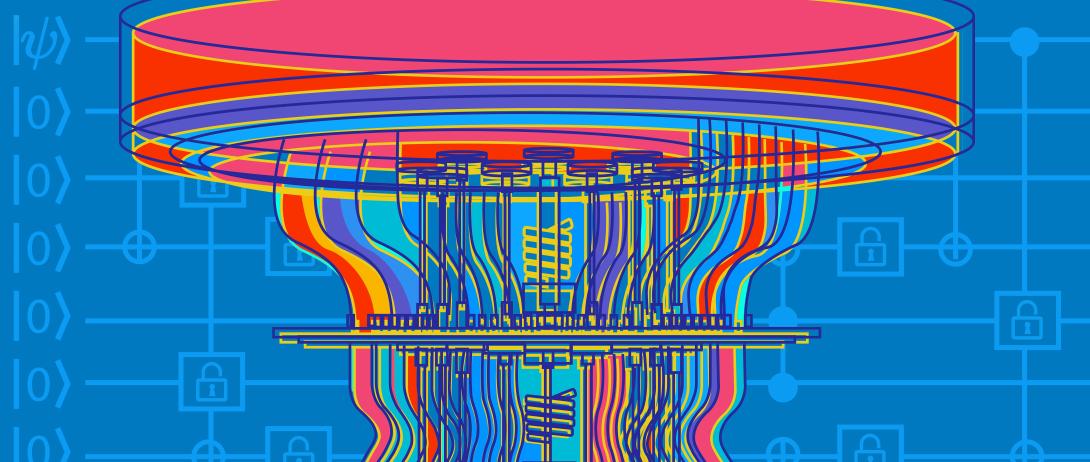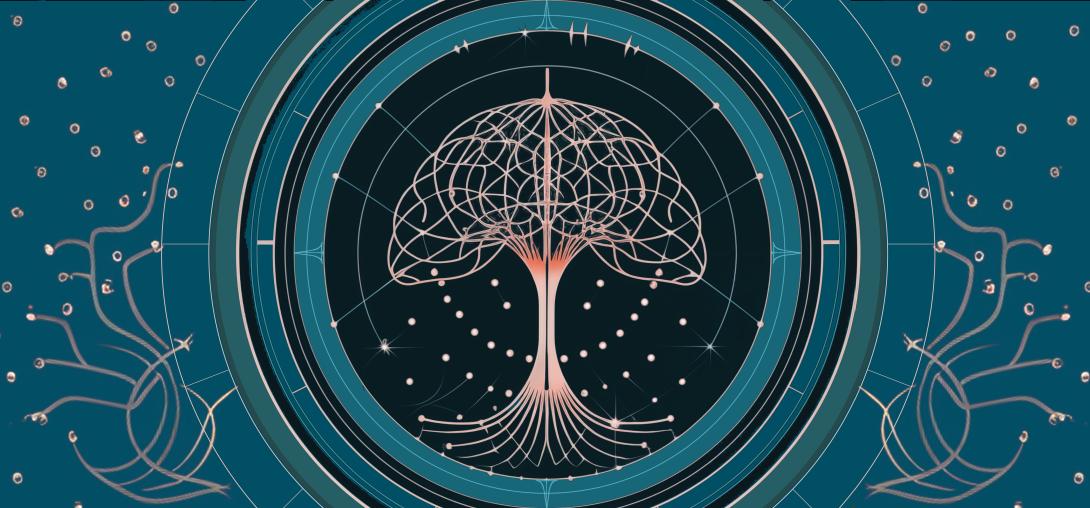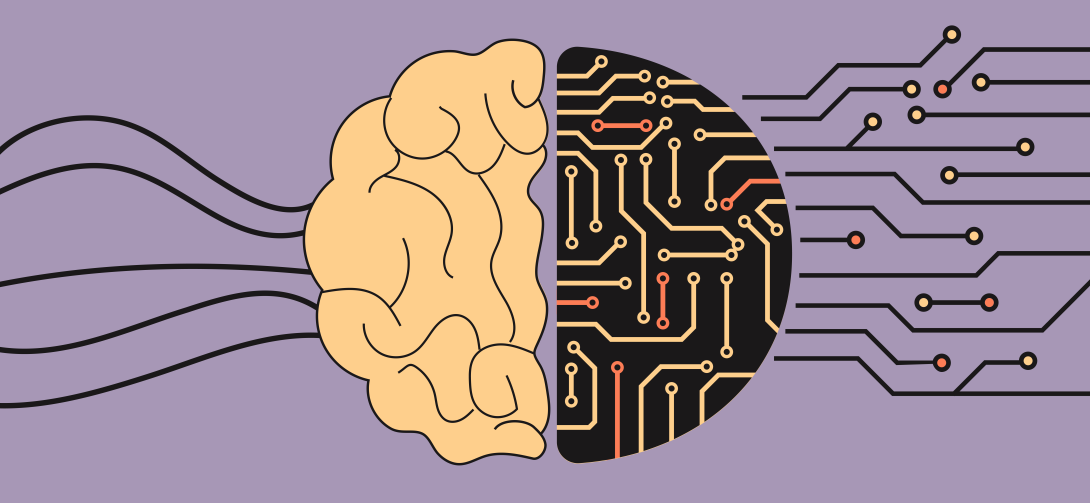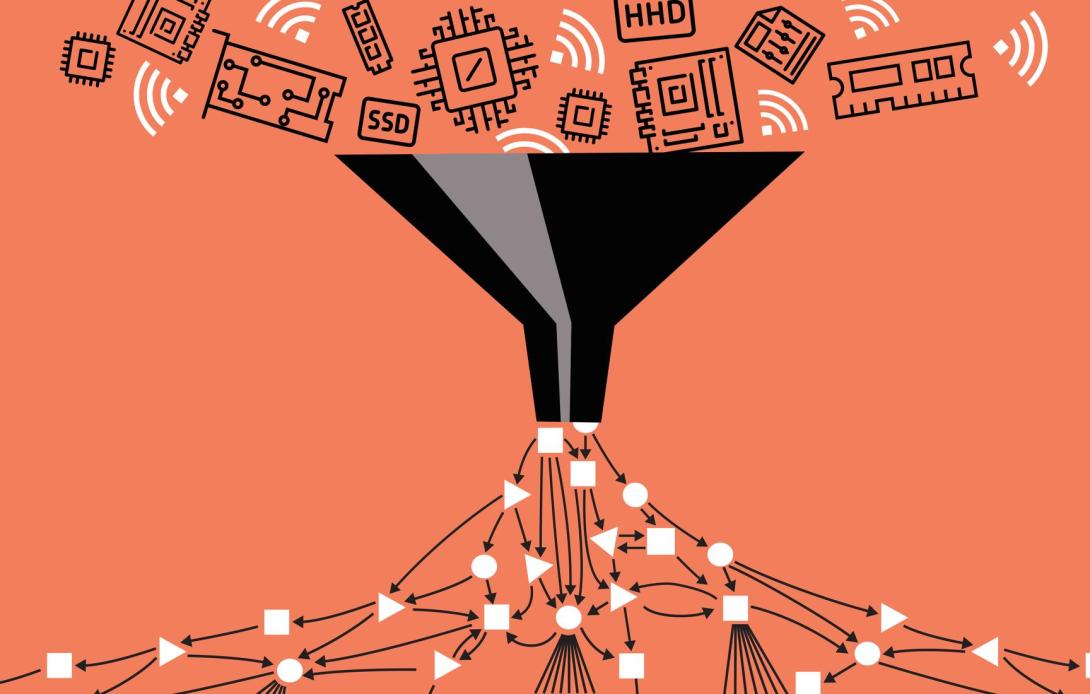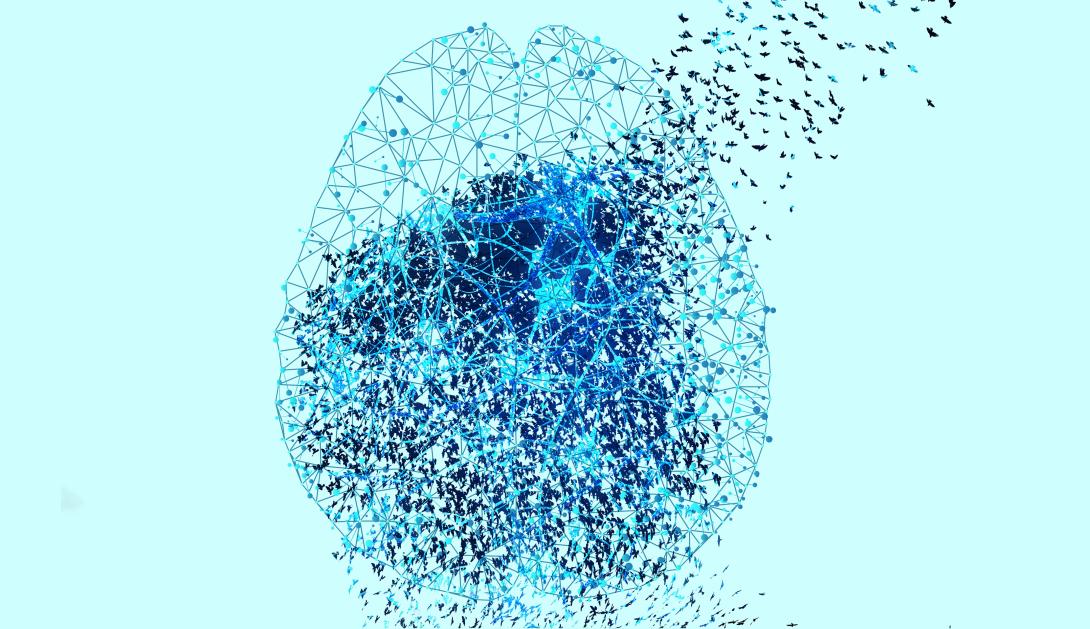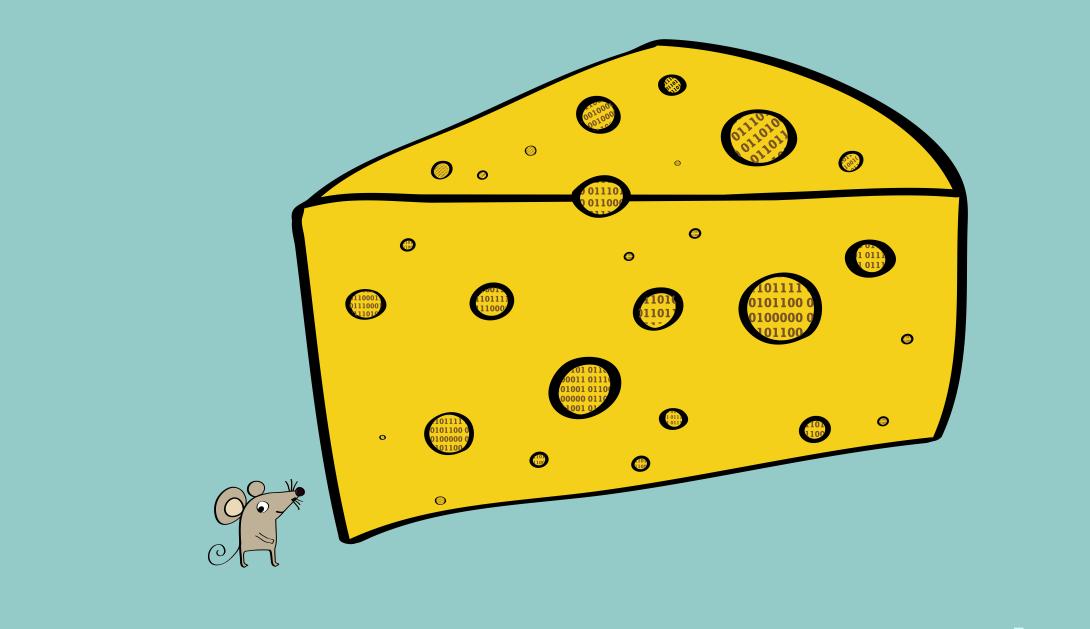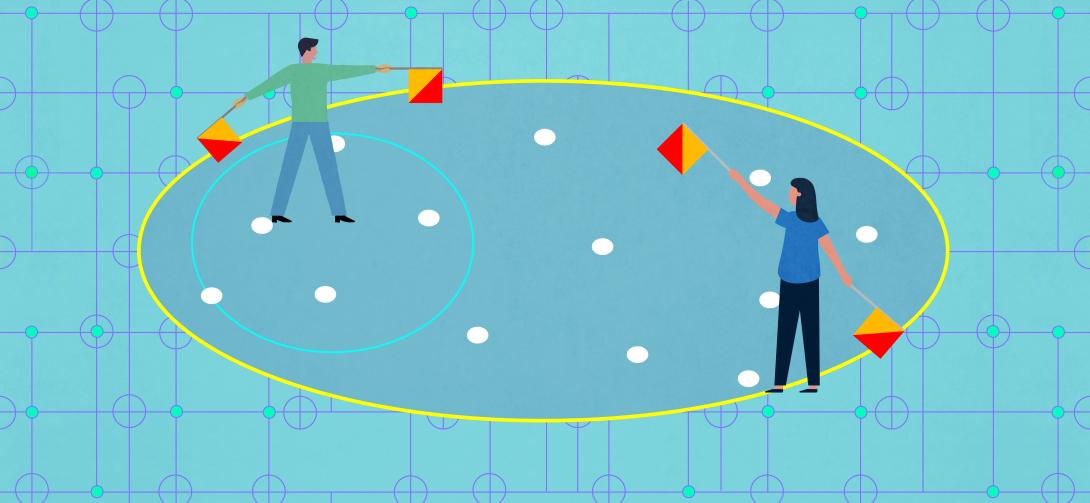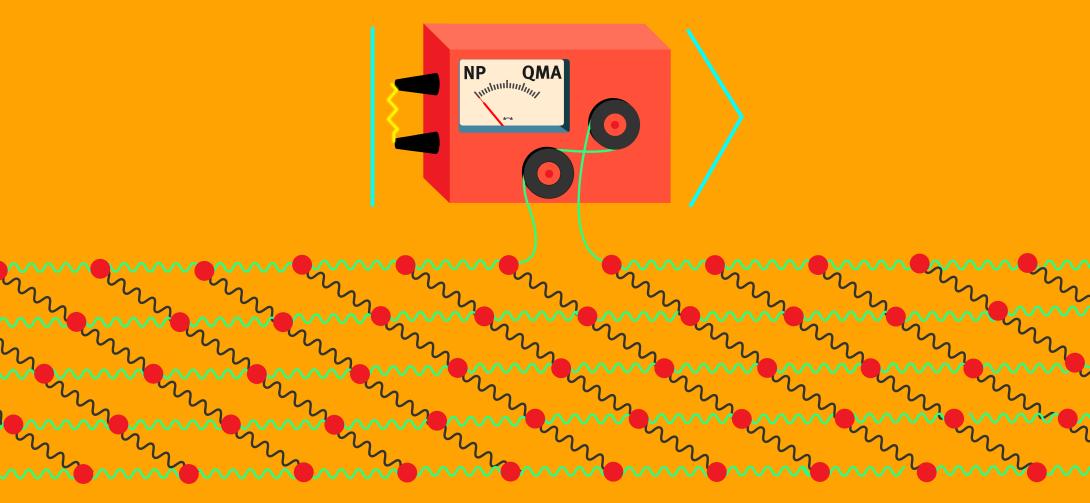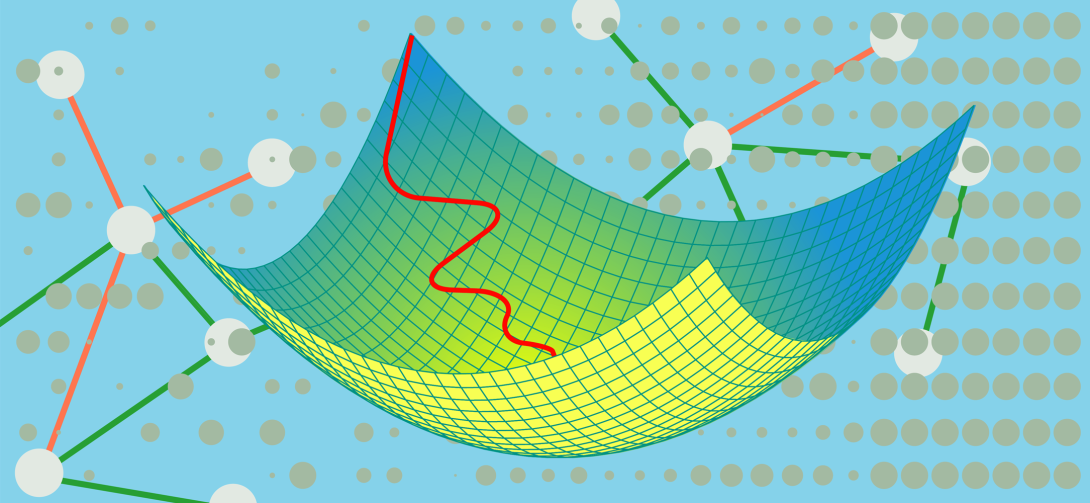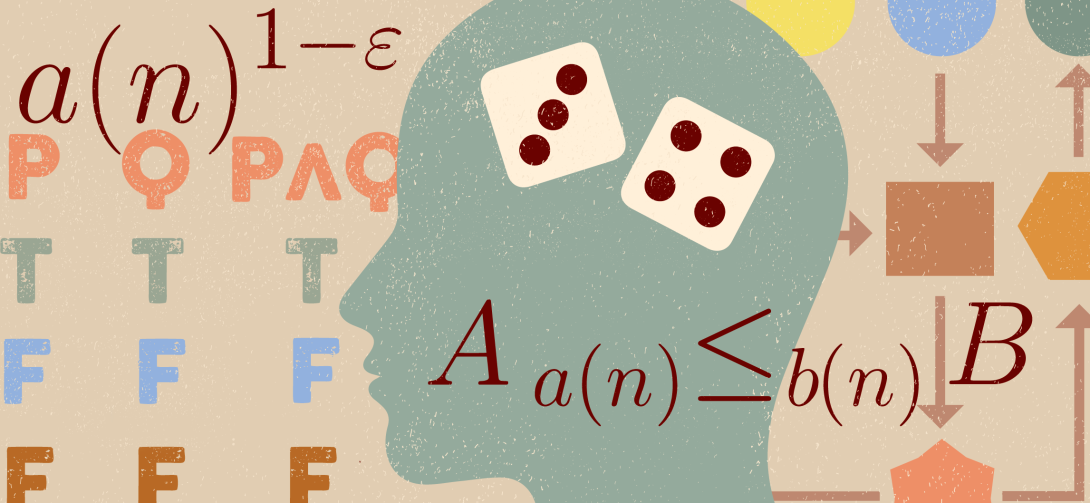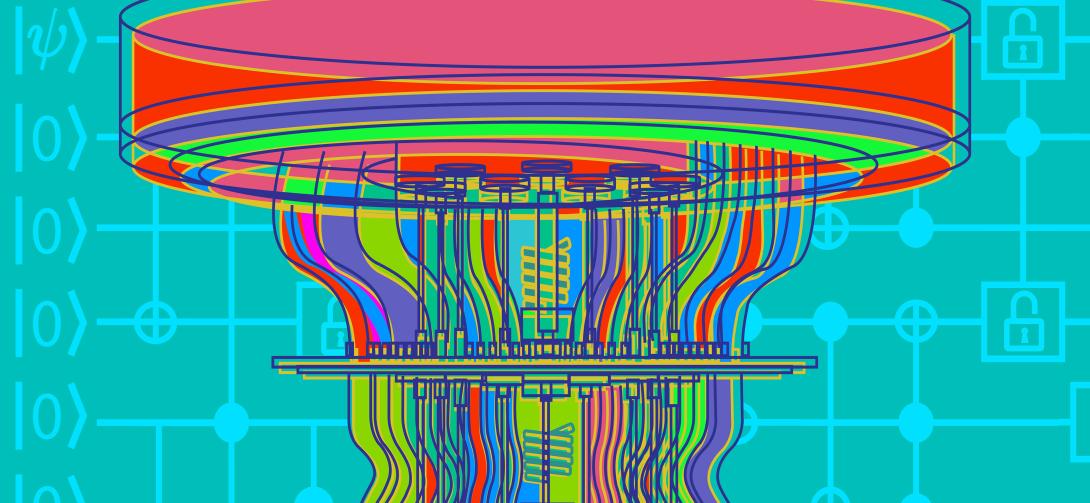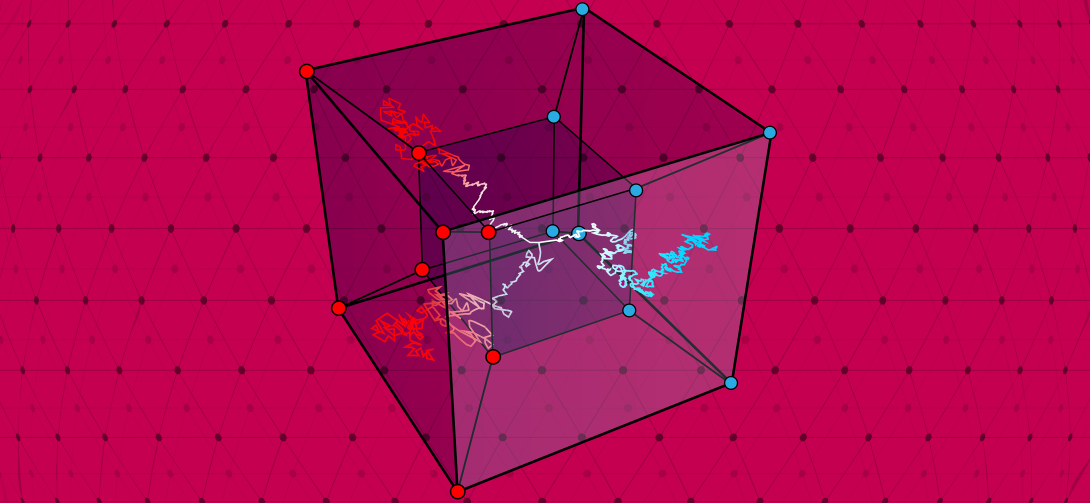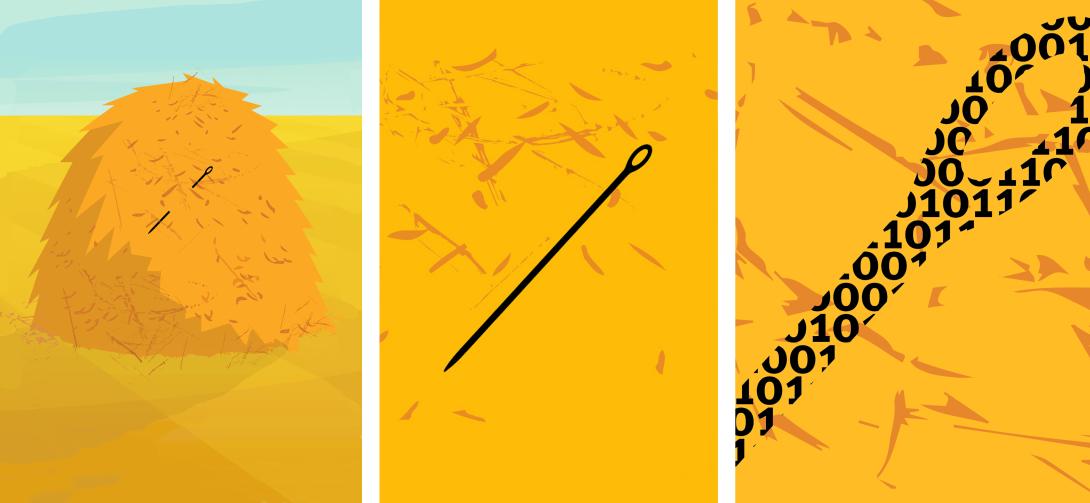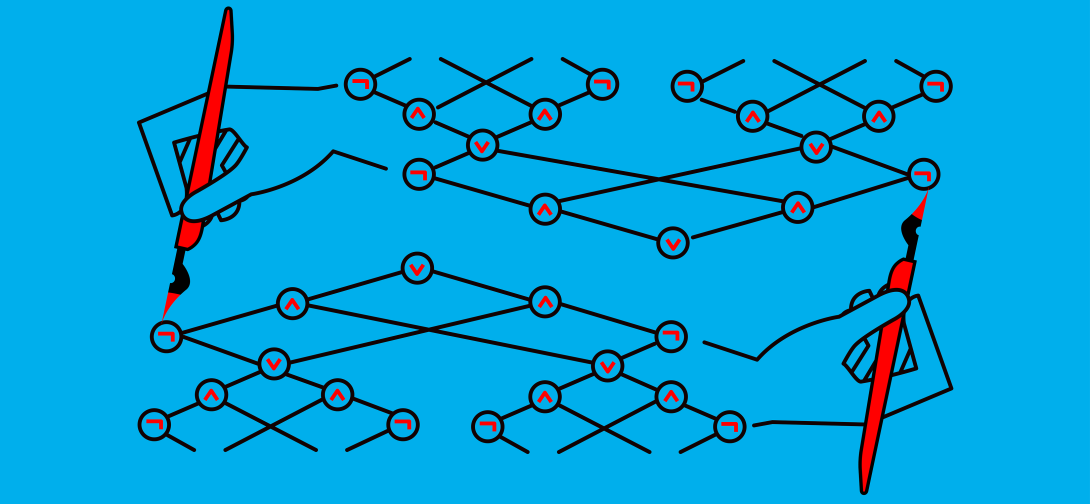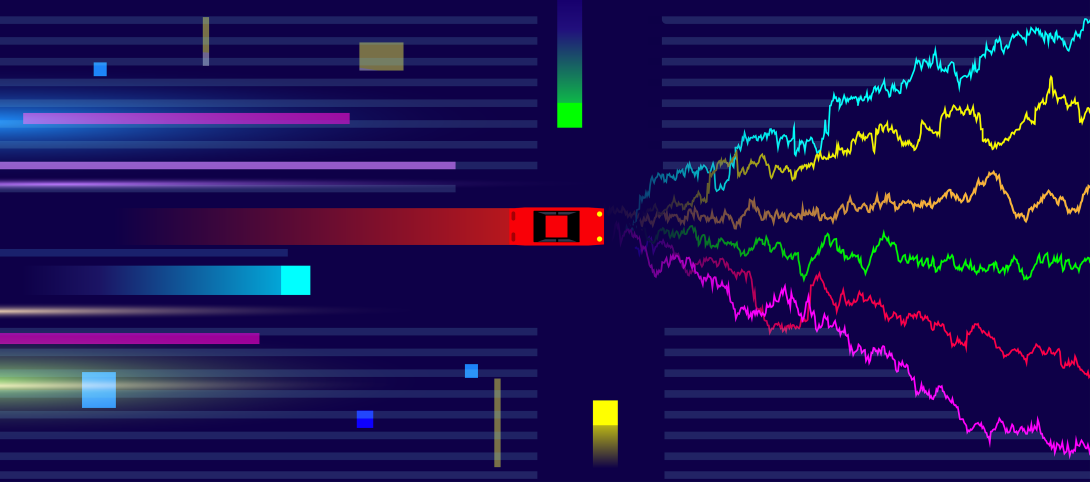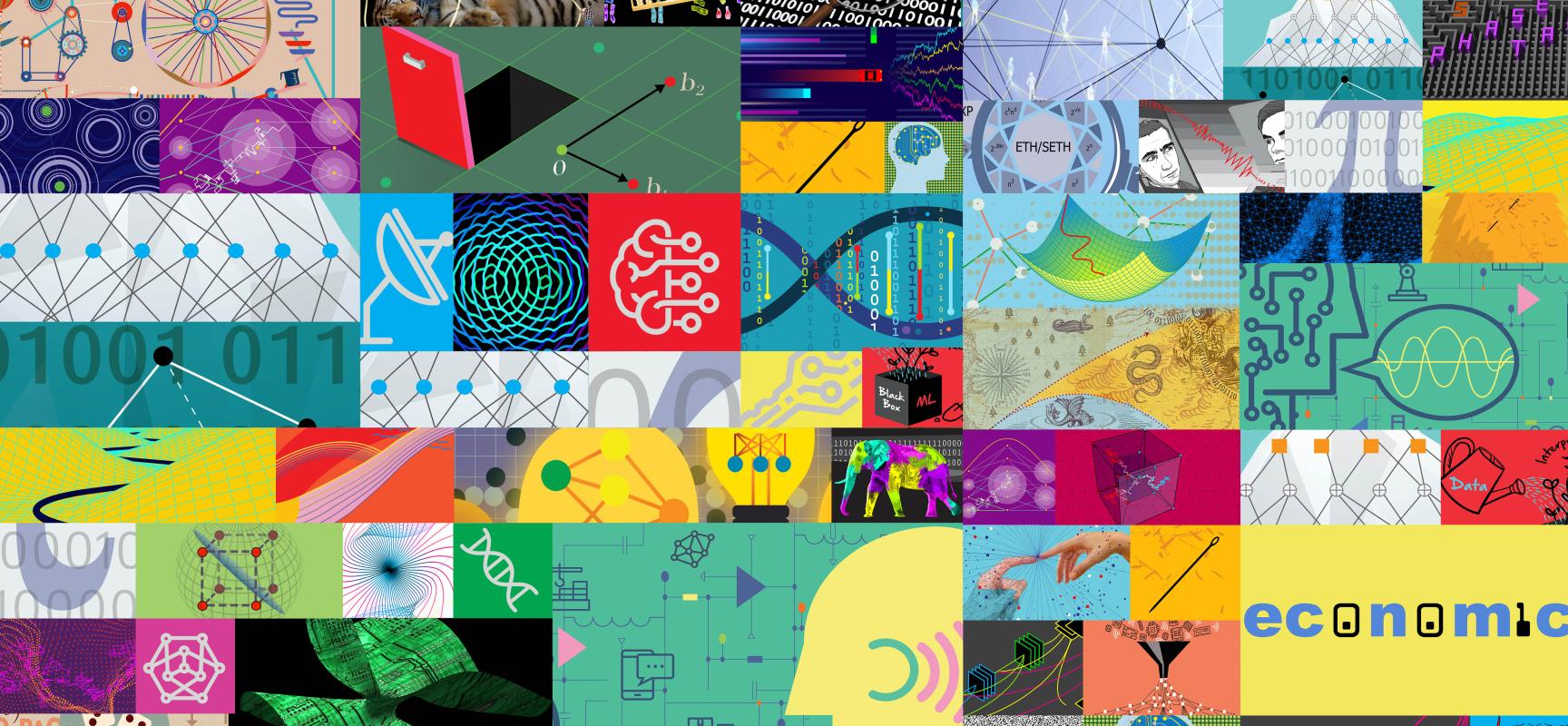
Programs and Clusters
Programs and Clusters
The Institute typically hosts two concurrent research programs per semester, and one per summer. Programs are selected with a view toward maximizing impact and engagement across the theoretical computer science community, as well as impact on neighboring scientific fields. A typical program is led by a small group of organizers who are recognized experts in their fields, and involves about 60–70 long-term participants (a mix of senior and junior researchers) who spend a month or longer at the Institute. A program usually includes three week-long topical workshops, each of which attracts an additional group of invited speakers and focuses on a different aspect of the program's scientific scope, as well as an initial boot camp designed to put long-term participants on the same page. Summer clusters are somewhat smaller in scale than research programs, and are designed to offer a platform for focused research on fast-moving or emerging topics.
Spring 2026
This program aims to develop theoretical foundations for the field of federated and collaborative learning.
Summer 2026
The Summer Cluster on Quantum Computing brings together researchers from academia and industry to explore topics from quantum complexity theory and cryptography to quantum algorithms, benchmarking, error correction, and fault tolerance. The cluster has a special focus on NISQ (noisy intermediate-scale quantum) computers and complexity-based evidence of quantum advantage.
Fall 2026
This outward-looking program gathers computer scientists and mathematicians to study the spectral theory of graphs, manifolds, and groups, with an eye toward cultivating new research directions of common interest.
This program seeks to make advances on the fundamental problems within the areas of pseudorandomness and high-dimensional expansion (HDX), strengthen the ties between the two communities, and advance the applications to and connections with other areas (including spectral theory).
Spring 2027
This program seeks to coordinate activities among researchers from different fields and create synergy among the different areas, with the common theme being the various notions of symmetry and how they affect efficient computation with local constraints.
The Simons Institute for the Theory of Computing offers numerous ways for scientists to participate in the life of the Institute.
- Applications for the Simons Quantum Postdoctoral Fellowships.
- Applications for Science Communicators in Residence.
- Applications for a Law and Society Fellowship.
- Join a Research Program, Pod, or Cluster.
- Attend a Workshop or Other Event.
- Propose a Program, Workshop, or Small Group Collaboration.
Fall 2025
The goals of the program are to identify emerging hardware technologies whose management policies could be developed using foundational algorithmic research, to develop candidate formal models for these technologies, and to establish proof-of-principle results in these models.
This program brings together a broad constellation of researchers from computer science, pure mathematics, and applied mathematics studying the fundamental algorithmic questions of linear algebra — matrix multiplication, linear systems, and eigenvalue problems — and their relations to complexity theory.
Summer 2025
The Summer Cluster on Quantum Computing brings together researchers from academia and industry to explore topics from quantum complexity theory and cryptography to quantum algorithms, benchmarking, error correction, and fault tolerance. The cluster has a special focus on NISQ (noisy intermediate-scale quantum) computers and complexity-based evidence of quantum advantage.
This program will bring together researchers from different subareas of cryptography toward the goal of advancing some of the major research frontiers in the field.
Spring 2025
This is the second part in a special year-long program on large language models and transformers that spans the 2024–2025 academic year. This program's overarching goal is to try to understand the ongoing revolution in transformers and large language models through a wide lens, in a relaxed setting that facilitates discussion, debate, and intellectual cross-pollination.
Fall 2024
This is the first part in a special, yearlong program on large language models and transformers that spans the 2024–2025 academic year. This program's overarching goal is to try to understand the ongoing revolution in transformers and large language models through a wide lens, in a relaxed setting that facilitates discussion, debate, and intellectual cross-pollination.
This program will taxonomize and analyze areas of contemporary machine learning where methods generalize well — meaning they perform eerily well on new inputs, rather than merely performing well on old inputs they were trained on — but for no known mathematical reason.
Summer 2024
This extended monthlong reunion is for long-term participants from the program on the Theoretical Foundations of Computer Systems, held in the Spring 2021 semester.
This cluster brings together AI, psychology, and neuroscience researchers dedicated to discovering the pillars of intelligence. The goal is twofold: 1) to understand and model natural forms of intelligence using tools from AI and 2) to build AI grounded in the real world.
This summer program brings together researchers from various areas of sublinear algorithms to explore new topics, tools, and connections between models, as well as promising future directions for the field.
Spring 2024
This program brings together an interdisciplinary group of researchers to explore the frontiers of the theory and practice of error-correcting codes.
This program brings together researchers from computer science, physics, chemistry, and mathematics to address current challenges in quantum computing, such as the efficiency of protocols for fault-tolerant quantum computation, scalable proofs of quantumness, demonstrations of quantum advantage, and the development of quantum algorithms.
Fall 2023
This program will bring together researchers in dynamic graphs, sketching, and optimization towards the common goals of obtaining provably faster algorithms, finding new connections between the areas, and making new advances at their intersection.
This program studies the interaction between logic and the algorithms that they inspire, with applications to databases, complexity theory, and knowledge representation.
Summer 2023
The Summer Cluster on Quantum Computing will bring together researchers from academia and industry to explore topics from quantum complexity theory and cryptography to quantum algorithms, error-correction and fault tolerance, and benchmarking.
This program will study new approaches for analysis of functions over the Boolean hypercube and beyond, with the aim of making progress on fundamental problems in complexity, algorithms, and discrete mathematics.
Spring 2023
This extended reunion is for long-term participants in the program Satisfiability: Theory, Practice, and Beyond, held in the Spring 2021 semester. It will provide an opportunity to meet old and new friends. Moreover, we hope that it will give everyone a chance to reflect on the progress made during the semester and since, and sketch in which directions the field should go in the future.
This program will bring together researchers in computational complexity, proof complexity, cryptography, and learning theory to make progress on fundamental problems in those areas using the framework of "meta-complexity" — i.e., complexity of computational tasks that are themselves about complexity.
Fall 2022
This program will bring together experts from various fields to study networks, from graph limits, to modeling and estimation, to processes on networks. Application areas include epidemics, spread of information and other economic and social processes.
This program aims to develop algorithms for sequential decision problems under a variety of models of uncertainty, with participants from TCS, machine learning, operations research, stochastic control and economics.




